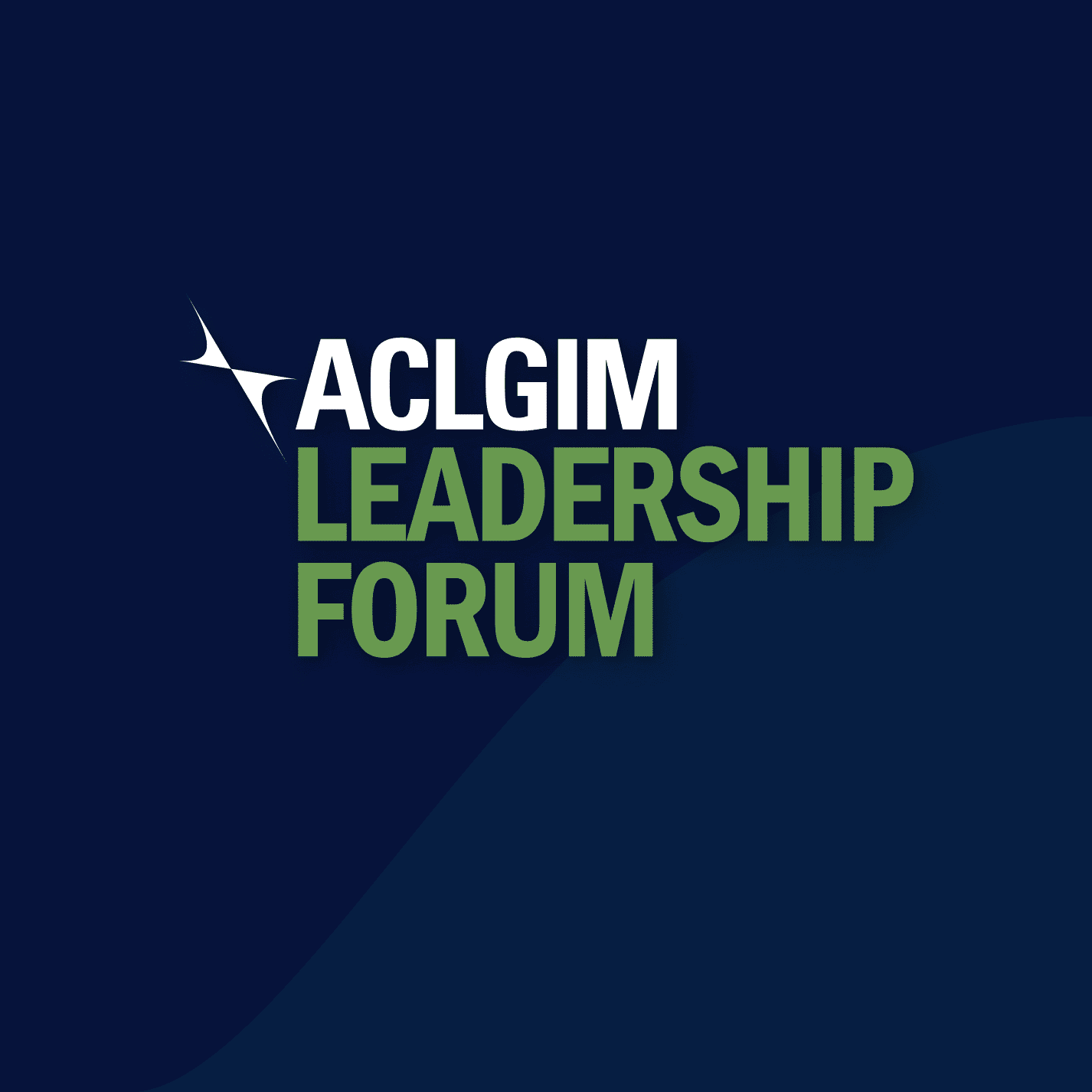I was surprised to receive a text message from you the next day. Kind, formal, and respectful, you reminded me of your name, where we’d met, and thanked me for my words of affirmation. We set up a virtual meeting for that very same day.
I learned a lot about you in the first chat—you were a Black-American male born to a 15-year-old mother, now deceased. You were the first in your family to attend college—working afforded you a way to support yourself and assist your grandmother who’d helped raise you and your younger siblings. But most of all, I noted the absence of all the nuanced things that come with social capital and proximity to generational opportunities, physicians in your village, and low responsibility. Medicine needed you.
We began meeting regularly. It was refreshing to hear your innocent questions and exciting to fan your flames as you prepared for the MCAT. I recall the day that you called me nearly in tears about your practice exams. I listened as you asked me if I thought you should do something else because your effort wasn’t improving your score. And without hesitation, I simply reminded you of who and what I saw the day we met in that parking lot. “Medicine needs you,” I said. I meant it.
Though most of our Zoom meetings were only 30 minutes, they were consistent. I grew to become deeply invested in your future. When you asked, I leaped at the chance to write a letter for your medical school application. I wrote about our serendipitous encounter on that wintry day during the omicron wave and how, over time, getting to know you personally had only affirmed my first impression. Medicine needed you.
On November 23, 2022, I received a text message from you in all caps. “JUST GOT ACCEPTED TO TWO MEDICAL SCHOOLS! I CANNOT BELIEVE THIS!” After an effusive flurry of congratulatory emojis, I felt my breath hitch when you wrote these words: “Cheers to breaking generational cycles of limitations.” No truer words could have been spoken. Cheers, indeed.
It’s funny. Entire curricula are built on ways to move out of the robotic and sterile behaviors in clinical settings and into meaningful ways that let patients know that we see them and that they matter. You taught me that the very skills needed for building trust and safety with those under our care are the same ones that allowed me to appreciate you and create a therapeutic alliance with you. And that, much like pausing to listen to our patients, it doesn’t take as much time as we think.
Just moments ago, you sent me a text message sharing that your first day of M1 orientation is tomorrow. I felt my eyes prickling with tears as I thought back to that first interaction and all the ones in between. Not because of what I did for you, but instead because I knew that you—a person who clearly had everything medicine needed long before I met you—would now be able to do just that as a future physician. I’m just one of the fortunate ones enough who will get to bear witness as you do.
I have attended many underrepresented in medicine (URIM) recruitment strategy meetings since that fateful day we met. While I don’t think we should do away with thoughtful programming that pushes us toward a less homogenous physician workforce, this experience with you makes me wonder about the missed opportunities we’ve had to connect with people in everyday settings. I imagine how many doors we could open if we just looked up from our phones long enough to see the potential of those on the pathway to medicine—sometimes before they even know it themselves.
Your victory came at a perfect time. You showed me, a determined but sometimes overwhelmed clinician educator and diversity champion, that there are things that I can do. Regardless of policies, programs, and prohibitions—the human connection cannot be limited and that we all have agency to make support a verb any time we choose.
Yes, little brother. Medicine needs you. But now I know that I needed you, too.
References
- Manning KD. Medicine needs you: A chance encounter (part one). https://connect.sgim.org/aclgimleadershipforum/viewdocument/medicine-needs-you-a-chance-encoun. Published September 2023. Accessed November 15, 2023.
Issue
Topic
ACLGIM
Author Descriptions
Dr. Manning (kdmanni@emory.edu) is a professor of medicine and Associate Vice Chair, Diversity, Equity, and Inclusion for the Emory University Department of Medicine. She practices hospital medicine at the Grady Memorial Hospital in Atlanta, GA.
Share
Related Articles
Primary Care in the Modern Age
While the demands on primary care clinicians have changed, the model of…
GENTELLIGENCE®: NAVIGATING THE GENERATIONAL DIVIDE
What if we could start thinking about generational differences at work as…


